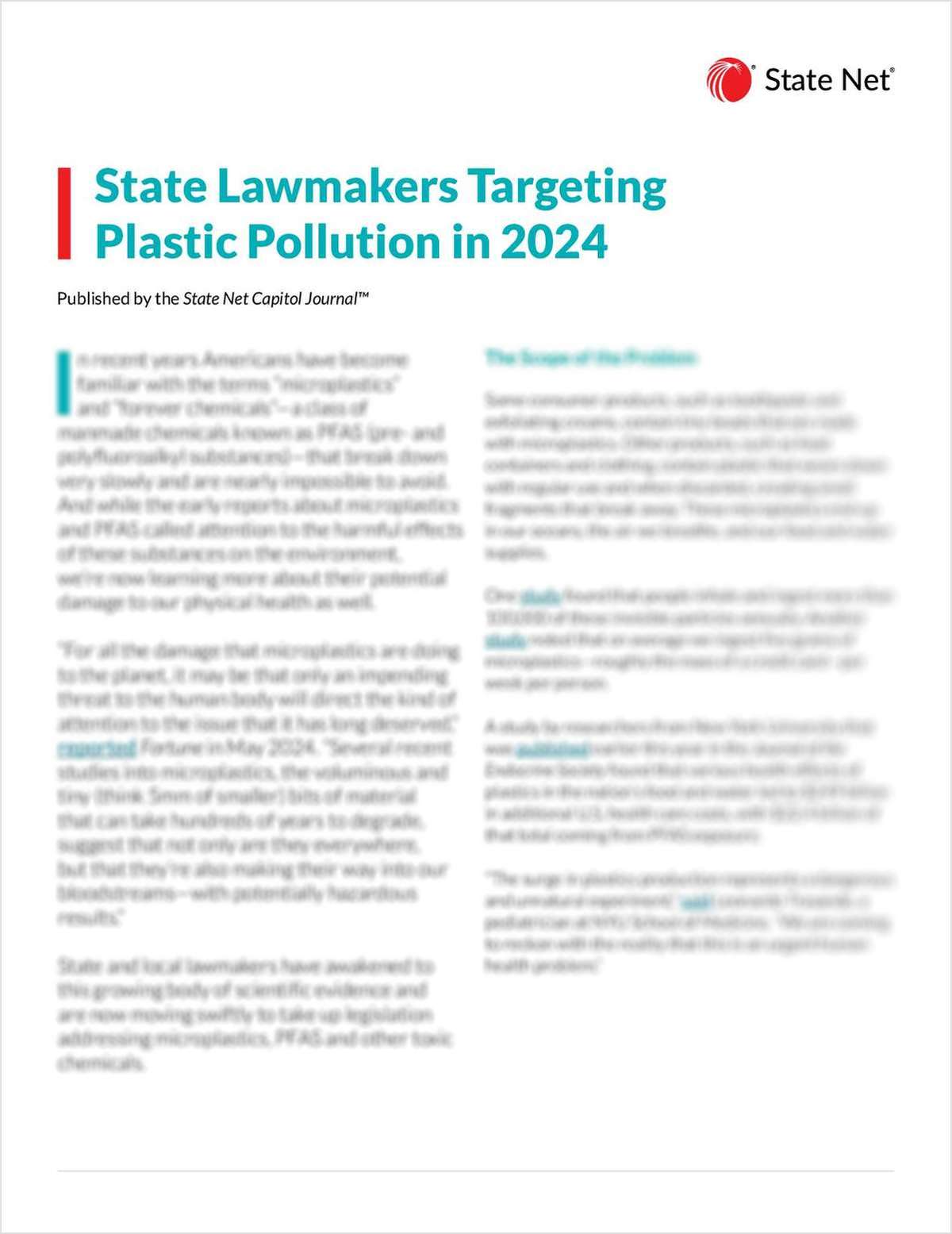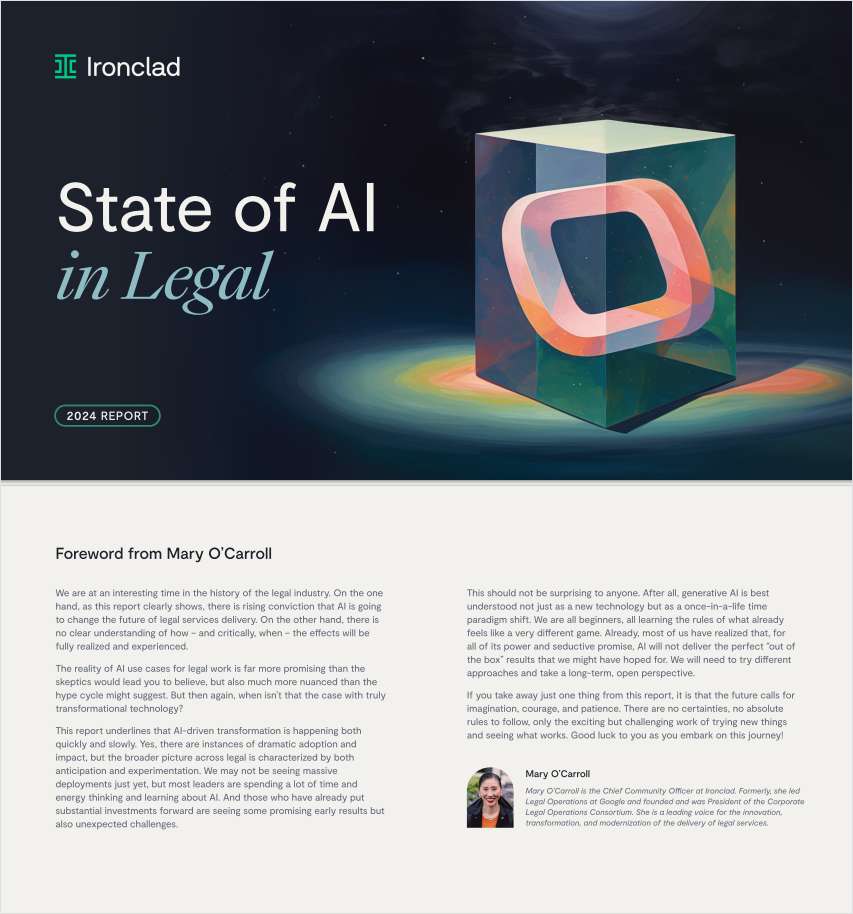0 results for 'Wilentz, Goldman'


Trinity Church v. Atkin Olshin Lawson-Bell et al
Plaintiff's complaint alleging construction defects was properly dismissed because it was filed beyond the statute of limitations which, by contract, ran from the date of substantial completion, and because plaintiff failed to provide evidence of inequitable conduct by defendants.

New York Susquehanna and Western Railway Corporation v. Jackson
The Interstate Commerce Commission Termination Act does not pre-empt state regulation if it is nondiscriminatory and not unreasonably burdensome.
Cumberland Mutual Fire Insurance Co. v. Murphy et al
An equally divided Court affirms the Appellate Division decision that the exclusionary clauses in this homeowner's insurance policy, for "willful harm" or "knowing endangerment" and "knowing violation of penal law," do not exclude coverage for the injuries that resulted when the insureds' teenage son, while intentionally firing a BB gun at passing cars, struck a driver, blinding her in one eye, since the circumstances did not support a presumption that he harbored a subjective intent to injure anyone.
The Official Committee of Unsecured Creditors of Cybergenics Corporation v. Chinery, etc., et al,
Bankruptcy courts may authorize creditors' committees to sue derivatively to avoid fraudulent transfers for the benefit of the estate; Hartford Underwriters Ins. Co. v. Union Planters Bank, a Chapter 7 case that interpreted the text of 11 U.S.C. � 506(c) to foreclose anyone other than a trustee from seeking to recover administrative costs on its own behalf, does not operate to prevent the Bankruptcy Court from authorizing such suits; the judgment of the District Court is reversed.

The Official Committee of Unsecured Creditors of Cybergenics Corporation,
A creditors' committee may not assert fraudulent-transfer claims under 11 U.S.C. � 544 of the Bankruptcy Code; the plain language of � 544 and Hartford Underwriters, holding that an administrative claimant of a Chapter 7 bankruptcy estate does not have an independent right to bring suit under 11 U.S.C. � 506(c), allow only the trustee or debtor-in-possession to assert fraudulent-transfer claims, and a creditor or creditors' committee may not bring such avoidance actions derivatively; the dismissalJustice Bernard J. Fried NEW YORK COUNTY Supreme Court Appearances: By: Kenneth R. Schachter, Esq. Silverberg Stonehill Goldsmith & Ha

Hardwicke v. American Boychoir School et al, etc.,
In these consolidated appeals, where plaintiffs allege that they were the victims of sexual abuse by employees of defendant, a private, non-profit school, while they were boarding students there, the trial court erred in dismissing their claims against the school under the Child Sexual Abuse Act (CSAA) since, notwithstanding its status as a corporate entity, there is no impediment to including the school ? which operated in an in loco parentis capacity with respect to its students and as a "household" wiTrending Stories
- 1Billing Missteps, Disgruntled Rainmakers, Shocking Emails: Behind the Scenes of a Legal Industry Scandal
- 2New Kirkland Policy for Withholding Pay of Departing Partners Creates 'Pain Point' for Laterals
- 3'Deeply Reactive': Are Law Firms Becoming Increasingly Hostile to Lawyers Who Are Looking to Leave?
- 4Kirkland Renews $50K Referral Bonuses as Associate Demand Ramps Up
- 5AI/IP Issues Part 2: What Current Litigation Can Tell Us About Where IP in AI Is Heading
Featured Firms
Law Offices of Gary Martin Hays & Associates, P.C.
(470) 294-1674
Law Offices of Mark E. Salomone
(857) 444-6468
Smith & Hassler
(713) 739-1250
More from ALM
- Morgan & Morgan Class Action Attorneys Detail Pathway to Success Within Cybersecurity and Data Privacy Practice 1 minute read
- Holwell Shuster & Goldberg Partners Leverage 'Hostile' Witnesses to Secure $101 Million Verdict Against Walmart 1 minute read
- Legal Speak at General Counsel Conference Midwest 2024: Mike Andolina, Partner, White & Case 1 minute read
Resources

State Lawmakers Targeting Plastic Pollution in 2024
Brought to you by LexisNexis®
Download Now

Leveraging Technology to Increase Law Firm Profitability
Brought to you by Tranch
Download Now

2024 Report: State of AI in Legal
Brought to you by Ironclad
Download Now

Blueprint for Successful Second Request Document Review
Brought to you by Integreon
Download Now



